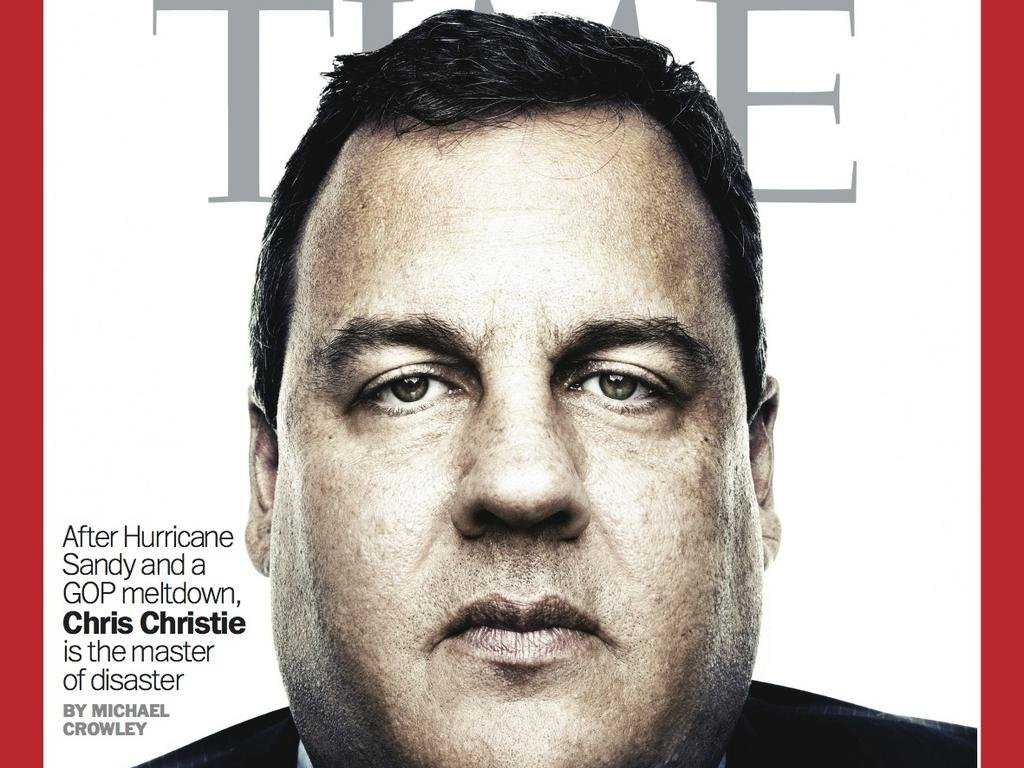
Here are today’s spicy Tostado chips pulled straight from the Internet’s bean dip…

Here are today’s spicy Tostado chips pulled straight from the Internet’s bean dip…

Bob Dylan did a wonderfully patriotic commercial for Chrysler during today’s Superbowl. Here’s what Chrysler doesn’t want you to know.

Up Close and Personal returns. Our earth shattering interview with Governor Chris Christie’s younger brother.

Martin Short on Mayor Rob Ford. Plus: David Wild from Rolling Stone magazine remembers Pete Seeger.
CREW, the Center for Responsibility And Ethics in Washington filed an ethics complaint against Congressman Michael Grimm, in response to Grimm’s threat Tuesday night to break a reporter in half and throw him off a balcony. Melanie Sloan filed that ethics complaint. She is the executive director of CREW and tells us why Congressman Michael Grimm is one of the most corrupt politicians in Washington DC.
Some disturbing news about our food. This week we learned that the Food and Drug Administration withheld an internal study that concluded feeding antibiotics to livestock makes humans susceptible to antibiotic resistant Superbugs. We’ll talk with Avinash Kar from the Natural Resources Defense Council who sued the FDA to get this study made public.
Sargent Shriver’s son, Maria Shriver’s brother Bobby Shriver is running for office here in Los Angeles calling himself an environmentalist. But Hunter Schwarz from Buzzfeed has been looking into Bobby Shriver’s investments and says Bobby Shriver’s stock portfolio is drill baby drill.
Also Will Ryan & The Cactus County Cowboys featuring Westy Westenhofer, Cactus Chloe Fiorenzo, Benny Brydern and JT Tornado Thomas.
Please subscribe to our show for free as a podcast on iTunes and Stitcher or grab our OFFICIAL podcast feed: http://davidfeldmanshow.libsyn.com/rss

After four years in office President Obama deported more than 1.5 million immigrants, according to ICE. At this pace he will have deported more immigrants than any other president in American history, often separating mothers from their children.
We should also point out he is doing this when the great migration of undocumented workers into this country is declining due to increased job opportunities south of the border and fewer jobs here in the United States.
Our guest is Michael Kaufman, who is an attorney with the ACLU and he joins us from Los Angeles.
Listen to the original broadcast
David: In the American criminal justice system due process includes the right to a lawyer, and if we can’t afford a lawyer, one will be provided to us for free. Does that guarantee apply to America’s immigration court?
Michael Kaufman: Unfortunately, it does not. Immigration proceedings are considered similar in nature and the Sixth Amendment right to an attorney in your criminal proceedings does not apply as a rule in that context. And what that means is that the vast majority of people who face deportation charges go without a lawyer and are forced to face the immigration courts and a trained DHS, Department of Homeland Security prosecutor on their own.
Now immigration law is incredibly complicated. It’s been referred to as second only in complexity to the tax code, and we expect many immigrants who may have limited English ability, limited familiarity with the American legal system to fend for themselves in this incredibly complex area of the law. What I see time and time again in my work, is a lawyer can make all the difference between some being able to successfully argue that they shouldn’t be deported and those that can not.
Having that trained and skilled advocate on your side can help make a case to a judge that either the government was wrong, that you’re not deportable, or that you should be eligible for certain forms of relief because of the equities in your case.
And so we here at the ACLU have been working to try to ensure that more people have access to lawyers in immigration courts, because the consequences are so drastic. In some cases deportation is a far more severe penalty than anything you would face in criminal court.
David: They’re often separating mothers from children.
Michael: Certainly. Families get torn apart every single day. We see hundreds of families that are torn apart because of the enormous pace at which the Obama Administration is deporting individuals. People that have lived in the United State for their entire lives and may have committed no offenses or may have committed something very minor, but otherwise been a contributing member to their families, to their communities, to their society here in the United States, and yet we tear them out from their roots here in the United States and deport them for such minor offenses.
David: The ACLU here in California was instrumental in winning Rodriguez and has it resulted in the Obama Administration showing more compassion for immigrants.
Michael: Rodriguez is a class action that we brought here in southern California. Where we are trying to establish the right to every immigrant to have a bond hearing when their detention becomes prolonged, while their case is processed through the immigration courts. The government currently takes the position that certain categories of people can be detained mandatorily without any access to a bond hearing without the opportunity to simply ask a judge to be released while their case is in process.
So we brought this lawsuit asking for that most basic of due process guarantees, the opportunity to go before a judge and ask, just simply ask for the opportunity to be released. And we met with some success in the case. The district court has ordered the government to provide bond hearings to everyone in our class that they’ve been detained six months at a time. That rule is now being implemented across the Ninth Circuit, which covers pretty much the entire western United States.
Now what we’re seeing is people now finally have the opportunity to ask a judge for release, to be reunited with their families and their loved ones while their cases get processed, while they have to wait through the enormous backlogs at the immigration courts and in the appeals courts. It enables them, really, to be able to fight their case.
David: And what’s the Obama Administration’s stance on this ruling?
Michael: Unfortunately they’re currently appealing the decision to the Ninth Circuit Court of Appeals. We’ve asked the Obama Administration to take another look at this. The district court decision has been in force for over a year now, and the sky has not fallen.
All that’s happening is that the government’s own immigration judges are looking at people individually and deciding whether they’re dangerous or flight risks, whether they’re fit to be released in society. They’re releasing some people. They’re not releasing others, and the system is working really well.
And so we have asked the Obama Administration to take a second look at this, see that the system is working well, and not only to stop their appeal in this case and allow Rodriguez to continue in place. But to look at implementing it nationwide because what we’ve seen in California is that this works. Bond hearings are time tested and the immigration judges know how to make these types of assessments about who is too risky to be released and who should have the opportunity to be with their families while their cases are working their way through the immigration courts.
David: Michael Kaufman is an attorney with the ACLU. Thank you for your work.
Listen to the original broadcast
Should ICE be in the business of separating mothers from their children? I’d like to hear your thoughts. Please join the conversation below.

You know that billionaire who compared liberals to Nazis? Turns out he’s even a bigger D-Bag than you thought.